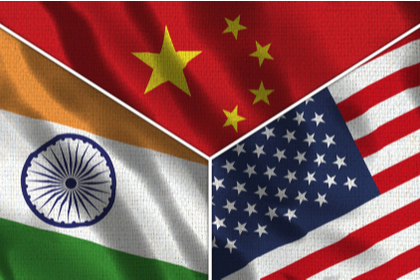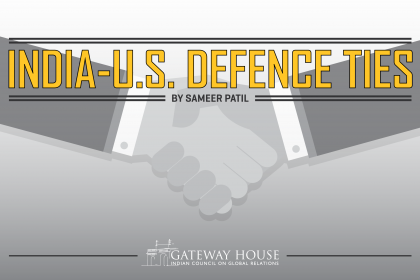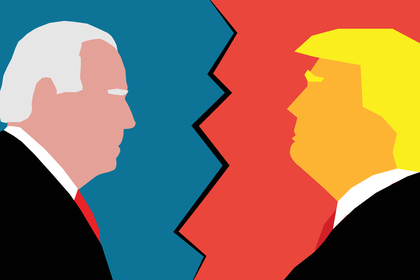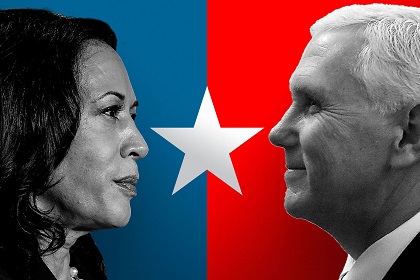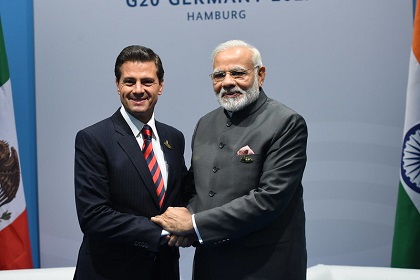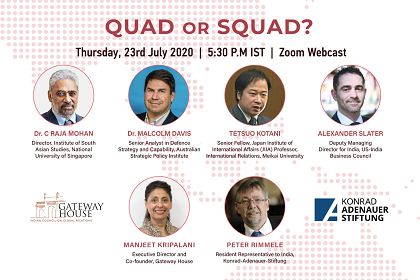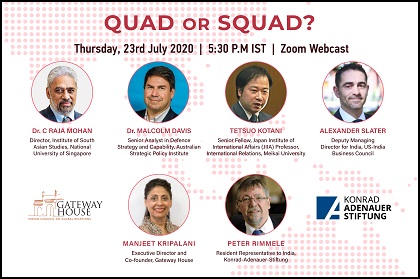U.S elections, a China order & India’s position
The recent in-person Quad meeting attended by external affairs minister S. Jaishankar and the India-U.S. 2+2 meeting of foreign and defence ministers in New Delhi, highlights not only the big upgrade in India’s strategic relations with the U.S. but also the enhanced U.S. focus on India, the Indo-Pacific and Asia. Clearly then, the foreign policy of the next U.S. administration will impact India, Asia and the world.

